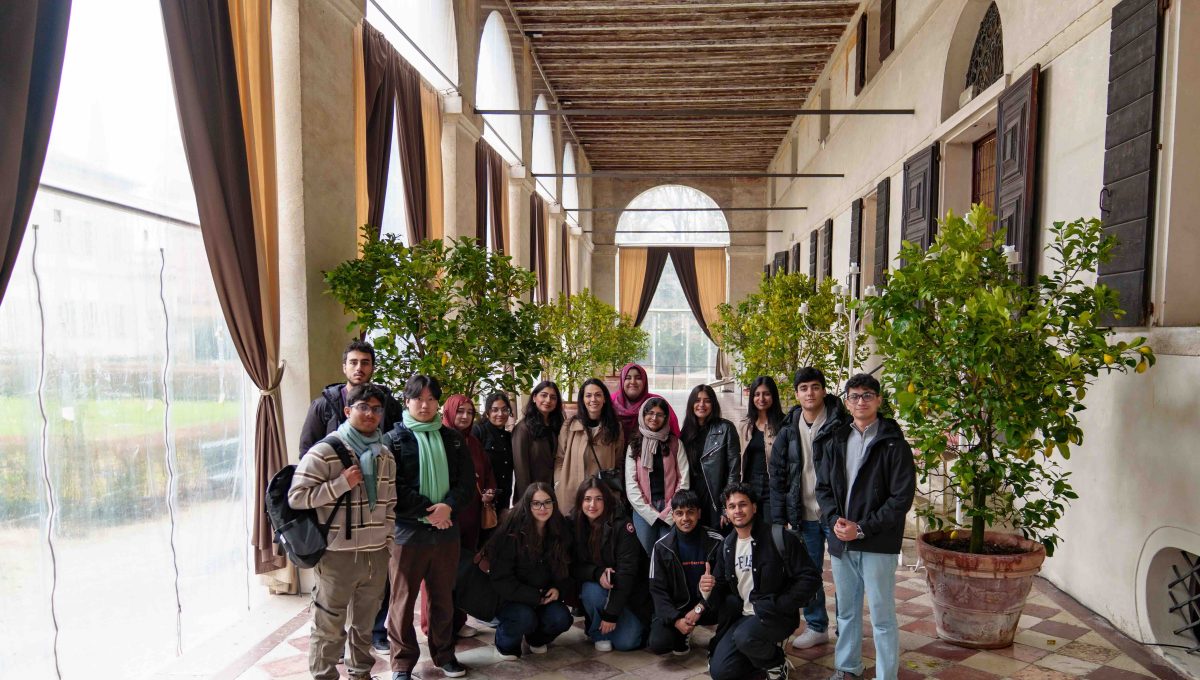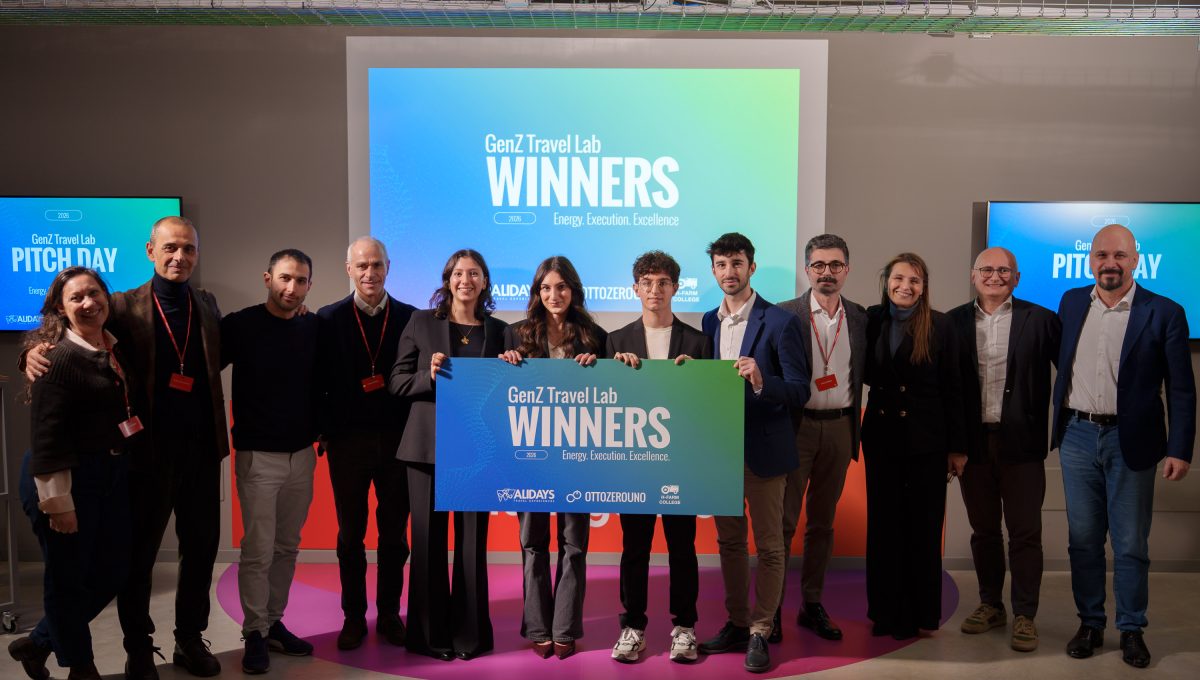How to Become a Prompt Engineer: the New Career of Generative AI

Have you ever been fascinated by what artificial intelligence can do? Maybe you’ve played around with ChatGPT, generated images with DALL·E, or tested out tools that write code or content for you. And then wondered: who’s behind all of this? Who actually knows how to use these tools to make a real impact in business, in projects, in innovation?
Spoiler alert: there’s a brand-new job title that barely existed a few years ago but is now one of the most in-demand roles in the tech world. It’s called Prompt Engineer, and it’s far more than just being “good at writing prompts.”
In this article, you’ll find everything you need to know about this emerging profession: who a Prompt Engineer is, what they do, why companies are looking for them more and more, what skills you need to become one, and most importantly how you can start building your path today. If you’re a curious student with your eyes on the future, and you want to be part of the generative AI revolution… you’re in the right place.
Who is a Prompt Engineer and Why They’re Key in the AI Revolution
In the world of generative AI, prompts are like magic spells. They’re how we “talk” to the models, telling them what we want to get. But crafting a good prompt isn’t about luck. It’s a skill, a blend of logic, language, strategy, technical awareness, and creativity.
A Prompt Engineer is like a conductor guiding an orchestra. They know what to ask, how to ask it, in what order, and with the right level of detail to get exactly the right result. Whether it’s generating marketing copy, writing working code, creating visual content, or summarizing a complex report, the Prompt Engineer stands at the intersection between human intent and machine execution, acting as the perfect translator.
This isn’t a side role. Today, companies are increasingly looking for professionals who can integrate AI into their daily workflows. And among the emerging roles, the AI Prompt Engineer is one of the most versatile. It fits into marketing, software development, strategic consulting, education, creative industries and more.
What Does a Prompt Engineer Really Do and What Skills Are Needed
Being a Prompt Engineer isn’t just about “typing stuff into ChatGPT.” It goes far deeper than that. It means thinking strategically, understanding how AI models work, and designing prompts that drive useful, accurate, and relevant results. Often, it involves testing dozens of variations of the same prompt, analyzing how the output changes, and refining every single word to guide the model toward something truly effective.
You need a strong grasp of natural language, of course but also a good technical understanding of how AI models behave. You have to know what they can do, what they can’t, and how they react when given vague or poorly structured instructions. It’s a job built on testing, analyzing, thinking. A constant blend of critical thinking and creative experimentation.
And if you think this role is only for “tech geeks” or expert coders, think again. Prompt Engineers are true hybrid professionals. They combine writing skills with computational logic, the ability to interpret context with the intuition of how machines “think”. It’s a perfect fit for those who love the future but also love playing with language, ideas, and meaning.
Want to find out if this is the right path for you? Talk to our team at H-FARM College. We’ll help you explore your interests, clarify your questions, and build a personalized learning journey that makes sense for your future.
How to Become a Prompt Engineer: The Best Path to Start Today
Becoming a Prompt Engineer today means choosing smart education paths that combine technology, AI, and design thinking. It’s not enough to “know how to use ChatGPT.” You need to go deeper. Understand how language models are trained, how they process data, and how to optimize your interaction with them.
That’s why specializing through specific training programs is one of the best ways to prepare. You need strong foundations to understand model logic, learn to code, build an analytical mindset, and experiment with real-world data. But you also need to develop a design mindset and understand the value of human-machine interaction in today’s hybrid society.
The exciting part? This is just the beginning. What we call Prompt Engineering today could evolve into entirely new specializations in the near future. The goal isn’t just to study a job, it’s to build a mindset. One that’s flexible, open, and ready to adapt. That’s how you become someone who creates the jobs of the future, not someone who just waits for them.
Curious about which training programs are right for you? Reach out to our team at H-FARM College! We’ll help you understand your options and build your roadmap with the right skills and opportunities.
Train as a Prompt Engineer with H-FARM College
If all of this resonates with you, H-FARM College is the right place to start. The Bachelor’s Degree in AI & Data Science is designed for students who want to understand how artificial intelligence works, learn how to code, and use data to build real-world solutions. It’s not just theory: from the very beginning, you’ll be working on real projects, in teams, with industry partners that challenge your strategic, creative, and technical thinking.
You’ll learn how to train models, how to design intelligent systems, and how to apply machine learning to solve practical problems. And you’ll do it all in a campus that’s more than just a school, it’s an innovation ecosystem, where technology, entrepreneurship, and creativity meet every single day.
Along the way, you’ll grow not just as a student but as a person. You’ll learn how machines think but more importantly, how to think in new ways yourself: across disciplines, focused on change, and ready to tackle challenges the world hasn’t even invented yet. That’s the kind of mindset that prepares you for the jobs of tomorrow.
Want to know if this degree is right for you? Get in touch with us! We’ll help you choose a future that speaks the language of AI. Contact the H-FARM College team
What to Expect from the Future: Prompt Engineers and Emerging AI Jobs
Prompt Engineering is just the beginning. In the coming years, we’ll see the rise of even more specialized roles: human-AI interaction designers, generative content specialists, AI behavior analysts. These may sound futuristic now but they’ll soon be part of everyday business.
One thing is certain: the market doesn’t reward those who use AI superficially. It rewards those who know how to guide it, interpret it, and integrate it. That means critical thinkers, people who test, challenge, iterate. It means young minds who are prepared, adaptable, and eager to build.
What about you? Are you ready to be part of this shift? The good news is, the future isn’t something you wait for, it’s something you start creating today.
Still have questions? Want to understand how to really break into this world? Contact our team! H-FARM College is here to support you and help you find the path that fits your goals.
FAQ


Not necessarily, but having a basic understanding of programming and how AI models work will give you a big advantage. Prompt Engineers are hybrid profiles the more you understand how machines “think,” the better you can guide them.


Using ChatGPT professionally means crafting precise, goal-oriented prompts that produce useful, accurate results whether you’re generating ad copy, writing code, doing research, or developing strategy. It’s not about “just asking questions,” but about designing prompts with structure, testing responses, and refining until the result fits perfectly. It’s a process that takes logic, intuition, and a lot of hands-on practice.


Prompt Engineers can work in many different industries: creative agencies, marketing teams, software companies, tech startups, consultancies, and even education or content strategy roles. It’s a cross-functional, high-demand role in any context where AI is becoming part of daily work.


As a relatively new profession, salaries vary. That said, Prompt Engineers are considered high-value profiles, especially when paired with skills in AI, data science, computational linguistics, or UX writing. Demand is growing fast which is having a positive impact on compensation.


Start by exploring how generative models work. Play around with tools like ChatGPT, Midjourney, or Claude. But if you’re serious about turning curiosity into a real job, the best way is to follow a structured path like the Bachelor’s in AI & Data Science at H-FARM College where you’ll build the right skills and work on real-world projects from day one.











 Back
Back
